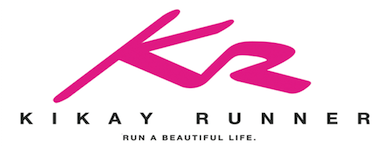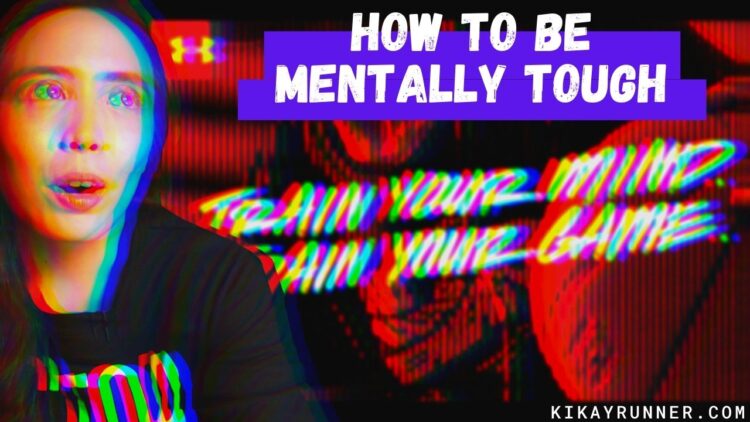Last weekend, Under Armour Philippines held a webinar on the key roles of mental toughness in sports. Called #UnderTheArmour, it featured some of the country’s leading athletes and sports science experts.
By now many of us know that performing at the peak level of athletic achievement is as much about the mind as it is about the body, so it was nice to sit in as these elite athletes and experts discussed the elements of mental toughness and how they were able to weather the challenges presented by the pandemic.
This webinar is in line with Under Armour’s global campaign #TheOnlyWayIsThrough, emphasizing how mental toughness allows one to constantly improve, push beyond limits, and overcome challenges.
The guests were pretty big hitters: the highlight guest was of course our first Olympic gold medalist from the Philippines, Hidilyn Diaz accompanied by her sports psychologist Dr. Karen Trinidad. The featured guests were Under Armour ambassadors: Jia Morado, a player on the Philippine Volleyball League; Sean Anthony, a professional basketball player; Brazilian Jiu Jitsu world champion Meggie Ochoa and MMA fighter Mark Striegel (they’re both SEA Games gold medalists as well).
I’m not going to bore you with the specific details of the webinar, but I learned a few things from what these athletes and experts said, and how these can apply to our lives as well.
Why Sport Isn’t an Exact Analogue to the Pandemic
However, I think it’s important to note that this pandemic is actually not like a marathon, ironman, or athletic competition. You sign up for those things, you prepare for them, then you show up on the starting line, you race, and there is a finish line. (This Triathlete Magazine opinion piece goes into this in more detail.)
Our situation is more messy, because none of us ever wanted to be in a global pandemic. To say that it’s just like sport is insensitive to the fact that a lot of people have died, a lot of people have had their livelihoods taken from them, a lot of people are in a worse place than when we were before this pandemic.
What I do take away from this is that many things in our lives have analogues in other aspects. For those of us who are recreational athletes, what we learned about ourselves and about the good habits and disciplines that we instilled when we trained for big events, they’re applicable in other parts of our lives. So when I say that there are things I learned from these elite athletes that can apply to my life, that’s what I mean.
Be Adaptable and Keep Moving
Sean Anthony: “I think right now is just be adaptable, be able to make the changes that are going on with the times. In terms of basketball, when you’re in season that’s when you’re working on the team concepts and improving your team chemistry and the flow of your team, but the off season is usually when you become a better player individually where you can work on your own skills, your own strength and conditioning… Use this right now as a time as a really big off season. So when the time comes that you can get together with your team, you’re a better player than you were before.”
Jia Morado: “Looking at the bigger picture, we’re trusting that our other teammates are also working to be their best so that when the time comes that we’re able to play again together safely, it’s easier for us to reach whatever goal we’ve set.”
They didn’t allow themselves to become unfit; they continued to train, they continued to eat well, and then they worked on the things that they could work on. They didn’t waste the time that they had.
For many of us recreational athletes because we couldn’t race we felt like we had nothing to train for, but there will eventually be an end to this period of time. It’s easier to get things going if you’ve been keeping things going; it’s much harder to start when you’ve stopped.
Break It Down and Focus on Task at Hand
Meggie Ochoa: “I’ll talk in the context of my sport jiu jitsu because in our sport it’s a contact sport and sometimes they’re put in situations where they’re in a trap, a position that’s very difficult to escape. But in our sport we teach them not to get overwhelmed, to do things step-by-step. We always make it clear that there is always a way out… That kind of experience in our specific sport allows them to see that not just on the mats but even outside there is always a way out.”
A lot of us get stuck and overwhelmed but with the big goals you can always break those down into smaller things that you can achieve step-by-step.
Get the Support You Need
Meggie: “During the pandemic all of us were going through the same struggles and I can say that it’s not even just our teammates but I think well in my case the entire jiu jitsu community was going through the same thing so you can see some kind of solidarity in people actually coming together and sharing their thoughts, sharing their feelings, and people giving comfort even if they don’t know each other.”
It’s really important to find that supportive community and lend a helping hand or accept a helping hand. True strength is in not being afraid to ask for help if you need it, whether that’s help in trying to get your training going again, or if it’s help in getting your head around some challenges.
Stay Hopeful
Mark Striegl: “It’s important to stay hopeful, you know keep hopeful that things will get better and just keep working. My coach George Castro, we keep regular contact on Messenger and he sends me workouts to do… so I’m just always looking for things that you can do and just staying hopeful and positive.”
Part of mental toughness is being able to take a beating, and recover from that to get up stronger and better. These athletes definitely have shown that they have that in spades. I think it’s something that we can all learn from.
Thanks to Under Armour for inviting me to listen to these athletes’ stories. It was very inspirational and it kicked me in the butt so that I can keep moving towards my own goals.

